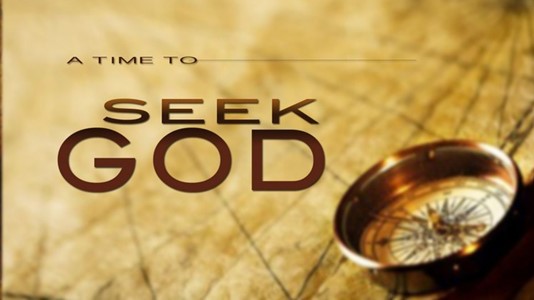MESSAGE: Third Sunday in Lent – 20 March 2022
THEMES: Repentance and return to the Lord to live
As a kid I remember repentance as a scary/judgmental/angry thing that was preached from the pulpit and I wanted to hide.
The scriptures today remind us of God’s faithfulness, mercy and grace that is always offered to us when we repent – return.
Repentance, a central theme of Lent, cannot be ignored in today’s lessons.
Jesus’ words are clear: repent or perish.
Isaiah’s words, “Let the wicked forsake their ways,” echo Christ’s.
Paul’s writing gives a strong warning from Israel’s history to the Corinthians and to us today: “God was not pleased with most of them, and they were struck down.”
But repentance is not merely a cessation of sin or a halting of that which is not pleasing in God’s sight; it is more than that.
Repentance also carries the idea of turning around in a new direction, of doing a one-eighty in your life.
Isaiah invites us to embrace the abundant life that God offers us.
It is a comforting thought – although a false comfort – to think that goodness, health, and happiness are signs of God’s blessing, and suffering is a sign of God’s punishment.
This week, though, Jesus makes it clear that this is not how God operates.
Then, in the tough words, “unless you repent, you will perish, too” Jesus declares that good fortune is not a guarantee of good spirituality, or of God’s reward.
Rather than focus on a past event and what cannot be controlled, Jesus encourages them to change what they can—their minds.
Suffering comes on the innocent, and even evil people can enjoy good circumstances.
The key here, though, is that, whether we are “good” or “bad” we all need to repent – we all need to turn from the ways of this world’s system (the grasping for power, wealth, and pleasure) to the ways of God’s Reign (justice, simplicity, generosity, grace, love, servanthood and peace).
Then, as we begin to live according to the values of God’s Reign, we will be able to face whatever comes – good or bad – with the strength and grace of Jesus, and we will bear the fruit of bringing life to those around us.
Christianity hinges on the message of forgiveness. Other religions may offer moralism. They may offer methods that will help us tidy up our lives or make us feel that we are good people. Christianity, however, is for the unworthy, the lost, the beleaguered, and the sinful. It’s for people who need to hear that they can be forgiven. In other words, it’s for everyone.
From first to last, the gospel is about what God does, not about what we must do. It is God, by His mercy, who gives us the desire to even want to be forgiven—and it is only when we put our faith in Jesus that we are fully pardoned. When we turn to Him in repentance and faith, we can look back and say we have been saved from sin’s penalty. All that was against us, all that kept us from knowing God; all that kept us from discovering His love and His goodness—all of the penalty that we deserve—has been eradicated, erased through the saving work of God’s Son on the cross.
As believers, then, we can—we should—rejoice in the fact that sin no longer rules over us. Yet the reality is that in our earthly lives, we still sin. We still miss the mark; we still fail to reach God’s standard. And when we do, the Evil One loves to whisper, “Are you saved? Will God forgive you this time?” To which we must answer, “Yes, I am; and yes, He will, for the one who died for me is at this moment advocating for me.”
Knowing forgiveness is not a license to sin; indeed, John wrote, with the purpose “that you may not sin.” When we sin, the joy we have found in God begins to fade. While He remains our heavenly Father, it should be no surprise that if we harbor sin, we will fail to enjoy all the blessings He intends for us.
And so we seek to live in obedience to our Lord; and yet, since we will not do so perfectly, we also must live in repentance to our Lord. Jesus underscored the need for and importance of daily repentance in John 13, when, while He was washing His disciples’ feet, Peter protested and said, “You shall never wash my feet.” Jesus responded, “If I do not wash you, you have no share with me” (13:8). Forgiveness is not ours until we are washed by Jesus, and then He continues to wash us through our daily repentance and faith.
One day, you will be taken to heaven and saved from sin’s presence. But until that great day, your Christian life is to be a journey of repentance. You have been saved. You will be saved. But for now, day by day, you are mercifully being saved as you repent and turn back to Jesus.
How is God calling me to think differently?
How is God reordering my heart’s affections—what I love?
What is God calling me to do as I go about my day today?

